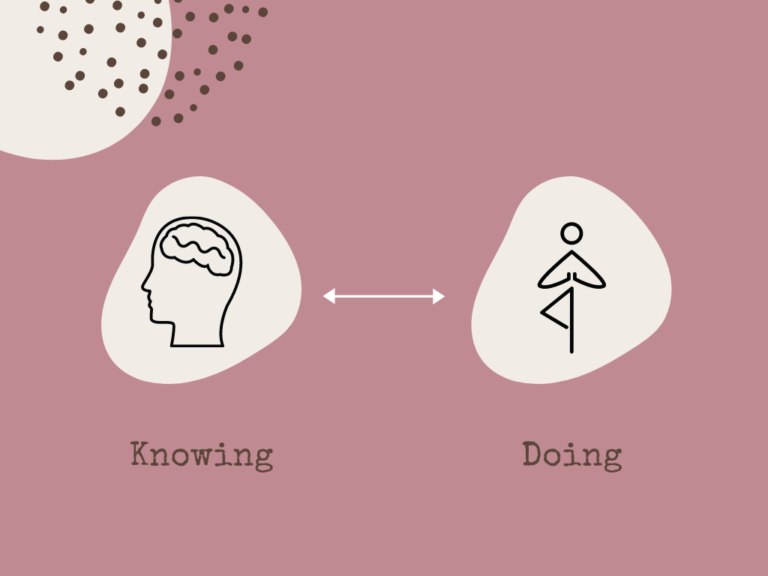I tested my hormones using the DUTCH Test. Here’s what happened
More and more, hormonal balance is taking center stage as the fulcrum of optimal wellness. Hormones permeate and dictate all organ systems from thyroid health, temperature regulation, metabolism, PCOS, PMS, appetite regulation, blood sugar response, stress response, adrenal fatigue, weight trends and more. The many categories of hormones modulates every aspect of health and chronic health issues.
Currently, the DUTCH test (Dried Urine Test for Comprehensive Hormones) is one of the more comprehensive lab panels out there that looks at biomarkers that would’ve otherwise been missed with conventional lab draws. It includes:
- Cortisol (24 hour trend)
- Estrogen and estrogen metabolites
- Progesterone and progesterone metabolites
- Testosterone and other androgens
- Melatonin
My menstrual cycle over the past 10 years has been somewhat of a windy ride especially during the years of disordered eating patterns. Since then, my period has continued to ebb and flow in regularity depending on my stress levels during the previous month. To this day I know that stress is hands-down the most significant disruptor to my cycle. A regular menstrual cycle (when not on birth control) is such a vital sign that points to stress load, adrenal health, and reproductive health. Disruptions to this system usually results in increased risk for PCOS/PMS, fat storage in the middle, reduced immunity, and thyroid dysregulation.
So when I finally received my test results, I felt surprised at the same time affirmed.
Estrogen and metabolites – Mostly within normal range which means that I am intaking enough nutrients and fiber from whole foods to have optimal estrogen metabolism.
Progesterone and metabolites – Significantly below range which indicates that excess stress might be preventing my body from making enough of this calming hormone.
Cortisol (24 hour trend) –Blunted in the morning and lower than normal throughout the rest of the day which suggests that my body may be resistant to stress signals after long periods of chronic stress.
Testosterone and other androgens – DHEA (which is the precursor for testosterone and estrogen production and supports mood, energy levels, etc) is below range for my age. Continued stress management and recovery of adrenals may help here.
Melatonin – Low end of range which suggests that I need to up my sleep routine to have higher quality sleep.
Additionally, my B12, B6, norepinephrine/epinephrine, and oxidative stress levels – All within range.
The verdict:
All in all, this test was a useful indicator that I still have a ways to go in terms of regulating my stress levels. At the end of the day, all signs point to a tired adrenal system which makes sense as stress seems to be the underlying lever for out-of-range progesterone, cortisol and DHEA levels. As a dietitian, I am my own guinea pig when it comes to adjusting health levers. My attention moving forward will be to prioritize the following:
- Taper tea/caffeine
- Prioritize yoga during the work week to offset stress load and especially during luteal phase of menstrual cycle
- Try meditation AGAIN and be patient
In my practice as a dietitian, this test has been an insightful tool for my clients who are struggling with hormonal irregularities such as PMS symptoms, PCOS, fertility concerns, perimenopause, etc. As for myself, I will be saying hello again to meditation and breath-work.







